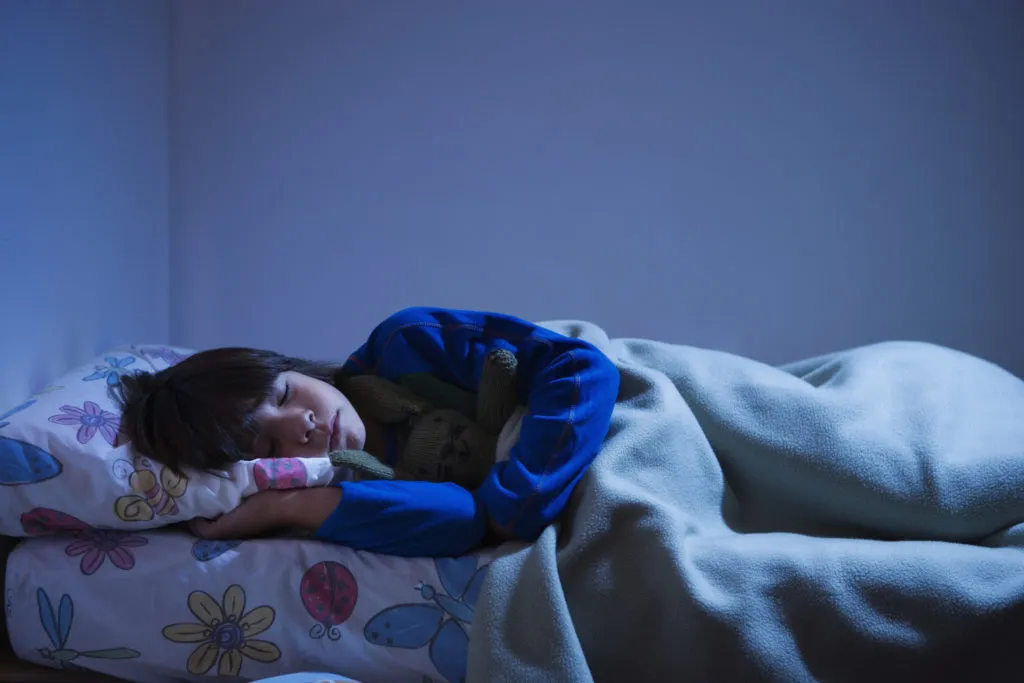Understanding the Effects of Daylight Saving Time on Sleep and Seasonal Affective Disorder

Effects of Daylight Saving Time on Sleep
Daylight saving time can disrupt your sleep patterns, leading to increased fatigue and potential health issues. As we spring forward, our internal clocks need to adjust, which might take a few days to a week. This transition can cause symptoms like difficulty concentrating and irritability.
Managing Seasonal Affective Disorder
For many, this time of year brings about the onset of seasonal affective disorder (SAD), as reduced natural light affects mood and energy levels. Here are some tips to help manage these symptoms:
- Consider light therapy to mimic natural sunlight.
- Maintain a regular sleep schedule to regulate your body's clock.
- Engage in regular physical activity to boost your mood.
Adjusting Your Sleep Habits
To make the transition smoother, try these methods:
- Gradually adjust your bedtime a few days before the change.
- Avoid caffeine and screens before bed to improve sleep quality.
- Create a comfortable sleeping environment that promotes relaxation.
Taking proactive steps to address the impact of daylight saving time on your sleep and health is essential.
Disclaimer: The information provided on this site is for informational purposes only and is not intended as medical advice. We are not responsible for any actions taken based on the content of this site. Always consult a qualified healthcare provider for medical advice, diagnosis, and treatment. We source our news from reputable sources and provide links to the original articles. We do not endorse or assume responsibility for the accuracy of the information contained in external sources.
This article was prepared using information from open sources in accordance with the principles of Ethical Policy. The editorial team is not responsible for absolute accuracy, as it relies on data from the sources referenced.